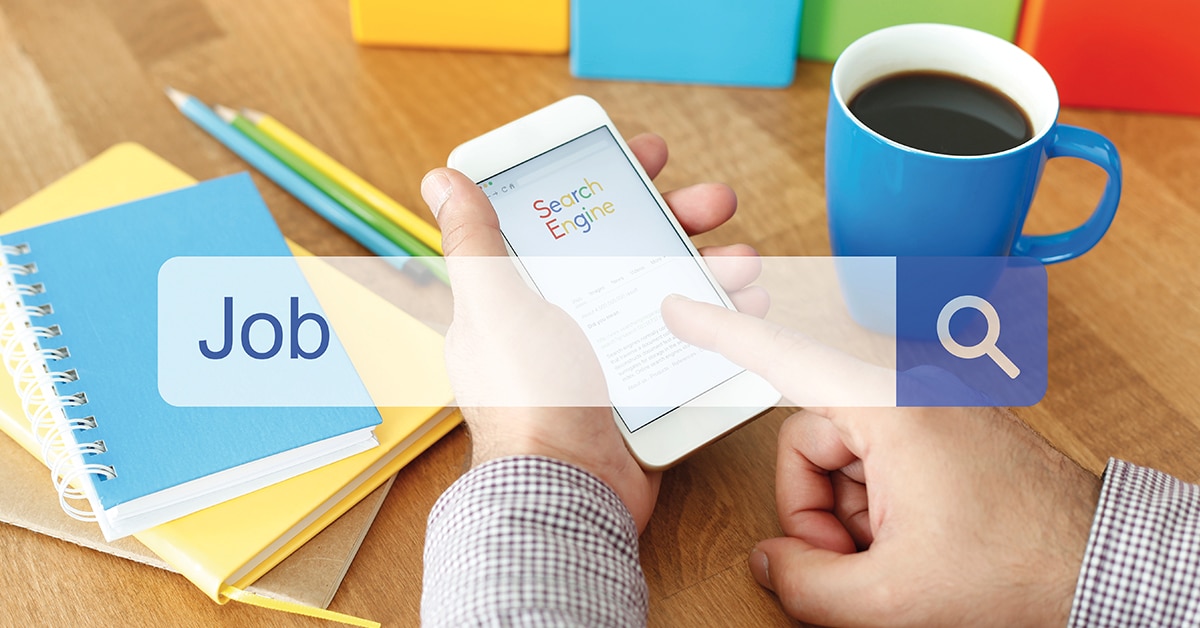

While you may well have exciting plans for your future, there are lots of crucial steps between having an idea and ultimately realizing the potential of that idea.
Consequently, it makes sense to look at how you can maximize your chances of success. Plus, as it turns out, one of the best ways to do this is by finding an accountability partner.
While you might have heard this term before, you may not yet have spent much time thinking about what such a person can add to your life.
We'll explain the precise function of an accountability partner in this article! We will consider some of the major reasons why you can benefit from having an accountability partner around.
We’ll also explore how to find an accountability partner and consider the sort of traits that make someone particularly good in this role. No matter what your goals, an enhanced level of accountability could make all the difference to your success.
In brief, an accountability partner is someone who helps to promote your success and personal growth by holding you responsible for the goals you set.
In other words, this person plays a role in monitoring your progress, regularly checking in to see where you are with respect to what you previously planned to do. This is typically a reciprocal relationship, so you'll be their accountability partner as well.
So, while a mentor may keep an eye on your progress and offer advice, accountability is a peer with whom you enter into a mutually beneficial arrangement.
In many cases, this will be someone who works in the same area as you do. Plus, at the very least, it must be someone who understands your industry or goals.
Accountability partner guidelines often stress the importance of honest feedback as well as support.
This means that your accountability partner will not only help you to build your confidence but will also challenge you (in a respectful, constructive way that aims to foster genuine improvement). This underlines just how important it is to choose a person whose opinion you trust, and someone who has a track record of carefully listening to your feedback as well.
Now that you have a rough sense of what an accountability partner is, we can move on to some of the major concrete ways in which you can benefit from having such a person in your life. In particular, we'll look at how accountability partners boost each other's success rates.
It's common for accountability partners to trade weekly emails in which they carefully analyze the latest developments and review them together. For example, you might have a standard set of questions that you both answer, including the following:
As you get used to this process, you'll begin to see patterns in each other's behaviors, picking up on major strengths and also areas that could stand to change (such as habitual excuses).
Furthermore, even if you're open-minded and creative, note there are limits to your perspective. That's why it's so important to have someone around who can give you a second opinion on your plans and goals. This is something your accountability partner can offer each week. Sometimes, the new angle that they will provide may help you move past a sense of being stuck, or help you generate a new solution that you'd never have reached on your own. Meanwhile, of course, you'll be doing exactly the same for them.
As mentioned at the outset, most accountability partners are broadly within the same industry.
You may occupy different roles. It can, in fact, be helpful if you are in slightly different areas as this removes the element of direct competitiveness. It also gives you a broader scope for learning from each other.
However, at the very least you need to be able to speak the same language and understand the rules of engagement in each other's careers. An added bonus attached to selecting an accountability partner on this basis is that you'll be a joint force, assisting each other in getting new opportunities and facilitating new connections.
For example, consider that you can help each other with networking opportunities, passing on one another's details when appropriate and making introductions.
Some people with accountability partnerships estimate that their networking circles have grown by around 50% as a result of their reciprocal agreement, and this is bound to enhance success over time.
In addition, you can make a point of sharing relevant skills with each other. You're highly likely to have different strengths and talents, and you can figure out a way to trade instruction in these specialist areas in order to help each other get ahead.
One of the most significant benefits of having a good accountability partner is that you have encouragement and support on tap, especially when you need it. When people first think about having an accountability partner in goal achievement, they often imagine a punitive sort of arrangement that feels more like having a drill sergeant than a friend in their corner.
While there is definitely a component of constructive criticism and attempts to keep the other person on task, the majority of your time will be spent helping each other feel genuinely motivated, successful and determined. There should be a continuous flow of positivity going in both directions in your relationship.
When you're first planning the future with your accountability partner, it's smart to touch base regarding your areas of insecurity. That way, you'll know when and how the other person needs a confidence boost. Similarly, you can play a key role in helping one another become bolder and more assertive.
In addition, be honest with your partner about the things you find hardest so that they know how to give proportionate congratulations when you are successful. After all, what's easy for them may not be easy for you (and vice versa).
On a related note, having an accountability partner means that you always have someone to celebrate with when the time comes. This person is uniquely placed to understand just what you have overcome in order to meet your goals. Plus, they will also play an essential part in enabling many of your successes (so every celebration will, in some sense, be a joint celebration).
When you're planning together, it's well worth thinking about how you want to celebrate when the time comes. This can help to keep you motivated, encouraging you to work towards not only your dreams but also the appropriate rewards you've decided on.
Of course, this partnership also means being truly accountable at all times, never letting each other get away with excuses. This has been known to create some friction in accountability partnership. So, it's wise to have regular reviews where you discuss how you find each other's motivational techniques (and what you think might be worth changing).
It can be tricky to get the balance right between support and growth-promoting criticism. However, honest and open communication majorly improves the likelihood that you can make an accountability partnership work.
The above benefits of having a good accountability partner indicate some of the main characteristics you should be looking for. However, it's useful to think about concrete traits that will help you get the most out of your arrangement. In particular, try to pick someone who ticks the following:
So, now that you understand what an accountability partner is and what they can offer, how should you approach the task of finding one? You might start by making a list of people who might suit you. Then, approach them one by one to see if they'd be interested in putting something in place.
If you can't think of anyone who should be on your list, ask people you work with if they have any ideas. In addition, don't forget that you can find an accountability partner online; this can be a particularly useful option if you don't know anyone who understands your career but doesn't work in your organization. Emails and Skype meetings can be just as effective as meeting in person and offer more reassurance around confidentiality and professional boundaries.
Regardless of where you find your accountability partner, questions should be prepared in advance to make sure that the two of you properly explore your compatibility and any potential areas of friction. Often, you'll have to experiment with the relationship before you'll be able to tell whether it will work. Therefore, decide on a concrete date in the future when you'll sit down and discuss how you feel the partnership is progressing.
